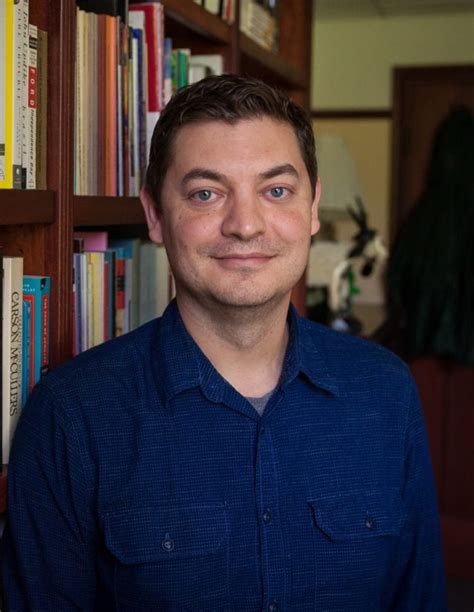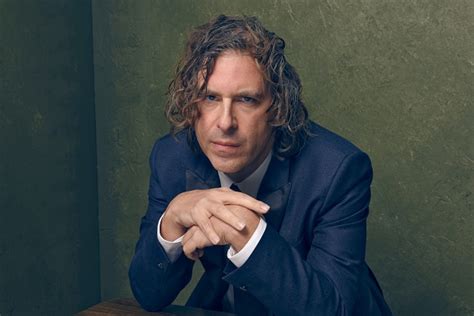A Quote by Terry Zwigoff
And I sense it was a rather constructed, almost half narrative fiction film in some ways. A lot of it was staged and manipulated to get those things in there that I knew to be strong.
Related Quotes
Life holds many, many, many mysteries, abstract things we all think about. In a film when things get abstract, some people don't appreciate that and they want to leave the theater. Others love to dream, get lost, try to figure things out. I'm one of those people. I like a film, a story that holds concrete things but also abstractions. So when ideas come along that have those things, I'm falling in love and going to work.
The Limits Of Control is not surrealism, but it is an experiment in which expectations are deliberately removed: expectations for narrative form, for action in a film, for certain emotional content. We wanted to remove those things and see if we could still make a film that was a beautiful film experience, with deliberately removing things many people would expect.
On the plane, I like to read fiction set in the location I'm going to. Fiction is in many ways more useful than a guidebook, because it gives you those little details, a sense of the way a place smells, an emotional sense of the place. So, I'll bring Graham Greene's The Quiet American if I'm going to Vietnam. It's good to feel romantic about a destination before you arrive.
There's this belief that some things can be taken seriously in an intellectual way, while some things are only entertainment or only a commodity. Or there's some kind of critical consensus that some things are "good," and some things are garbage, throwaway culture. And I think the difference between them, in a lot of ways, is actually much less than people think. Especially when you get down to how they affect the audience.




































